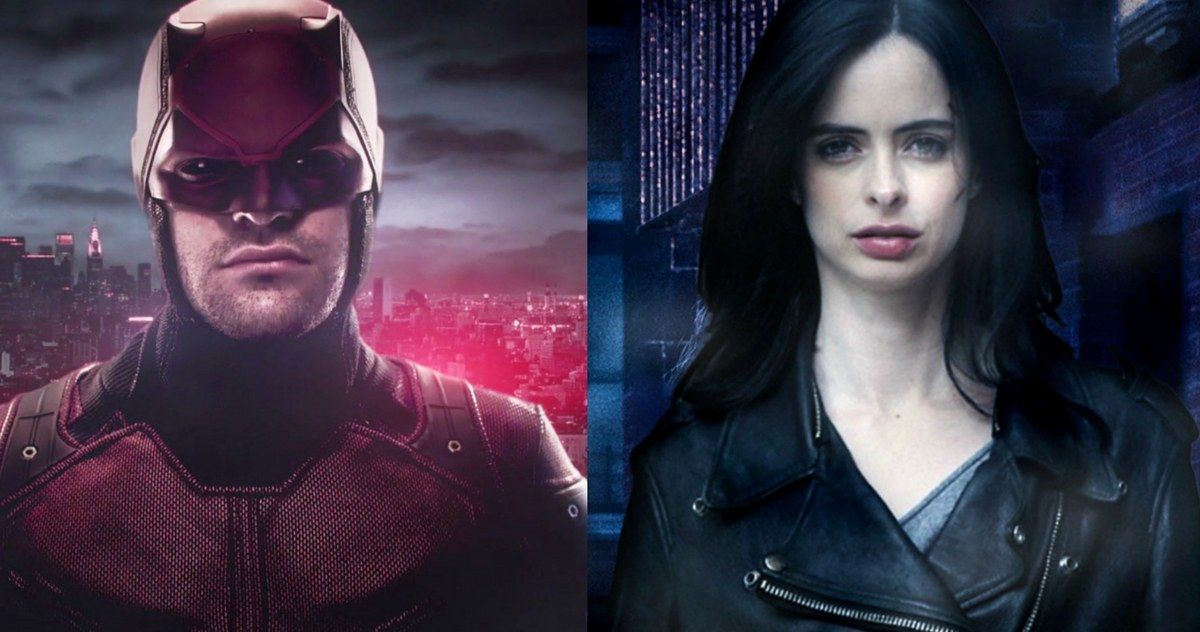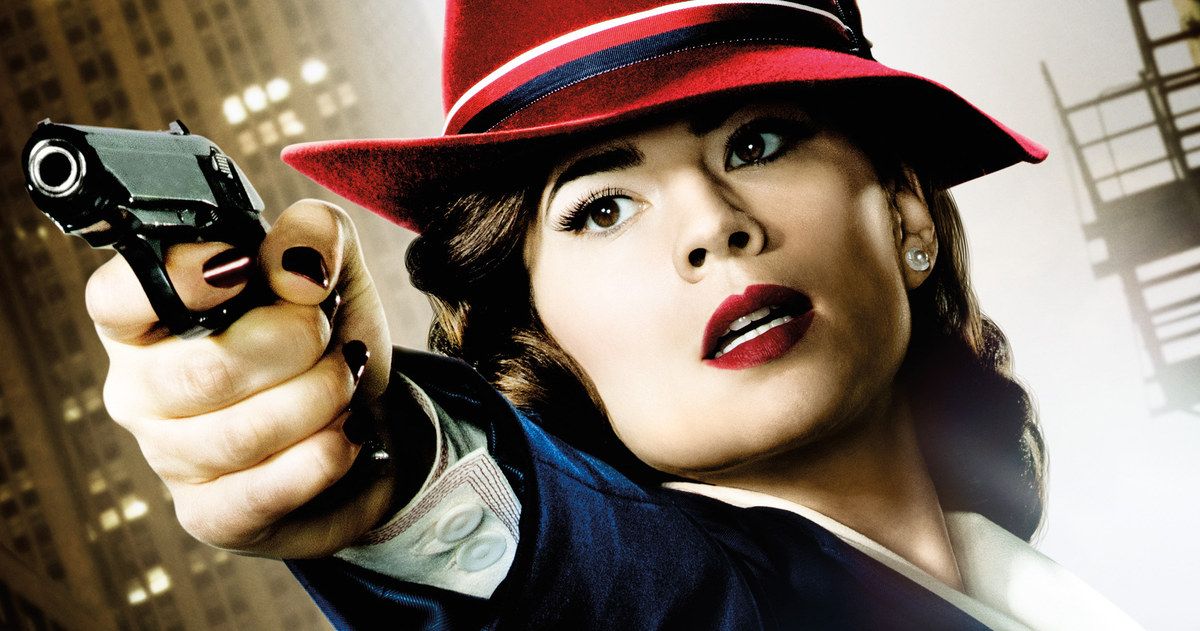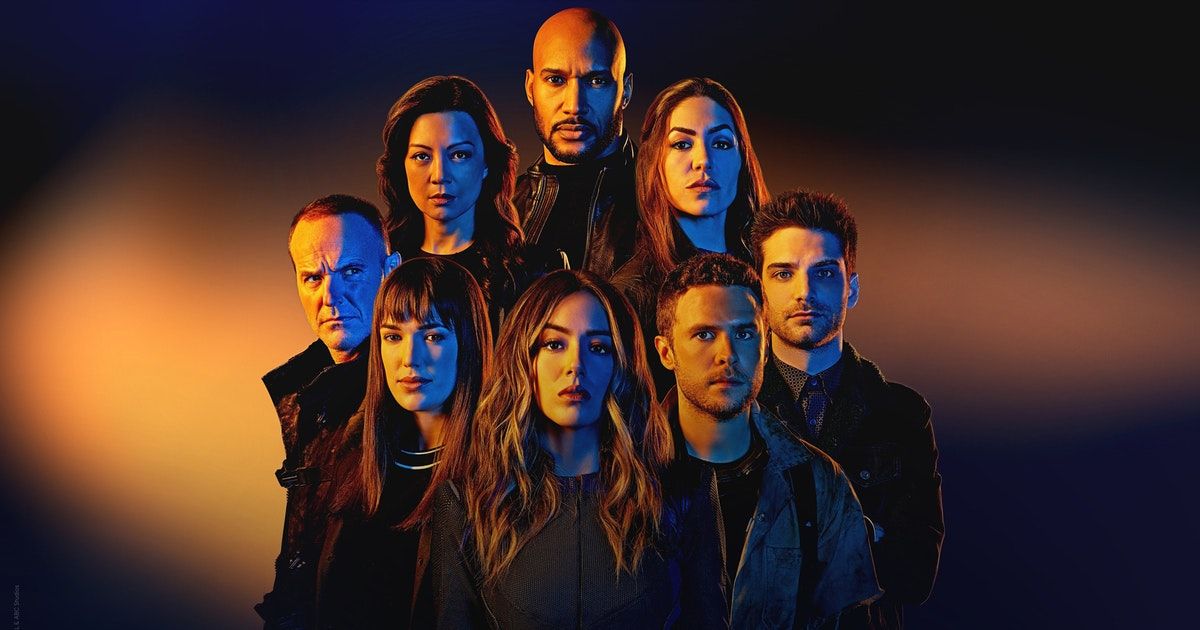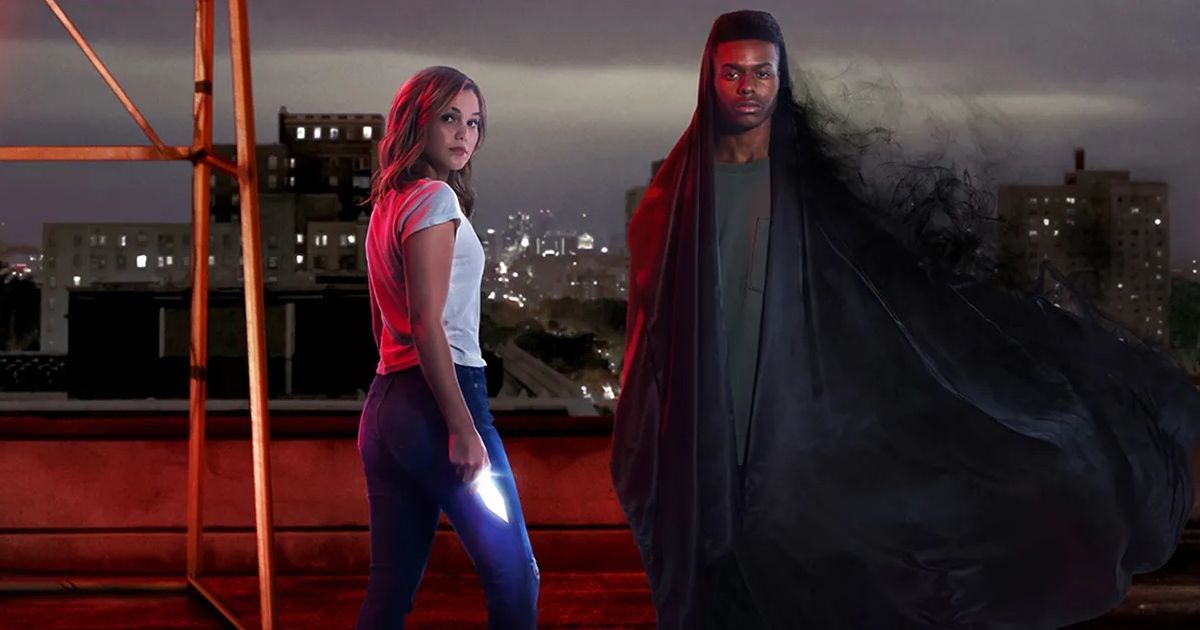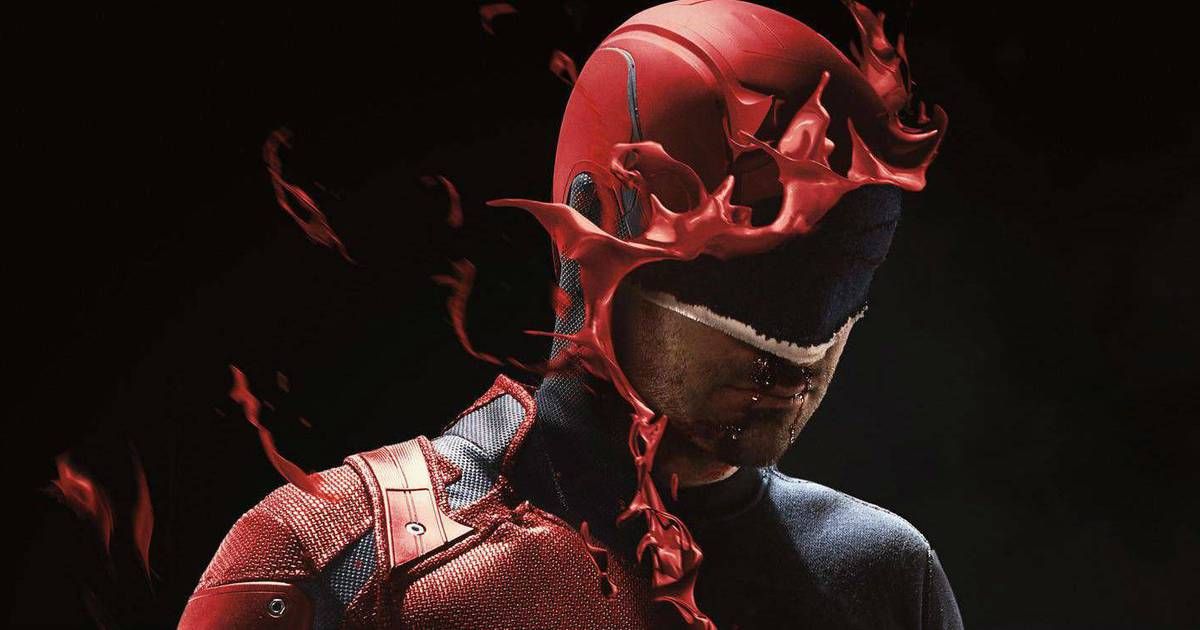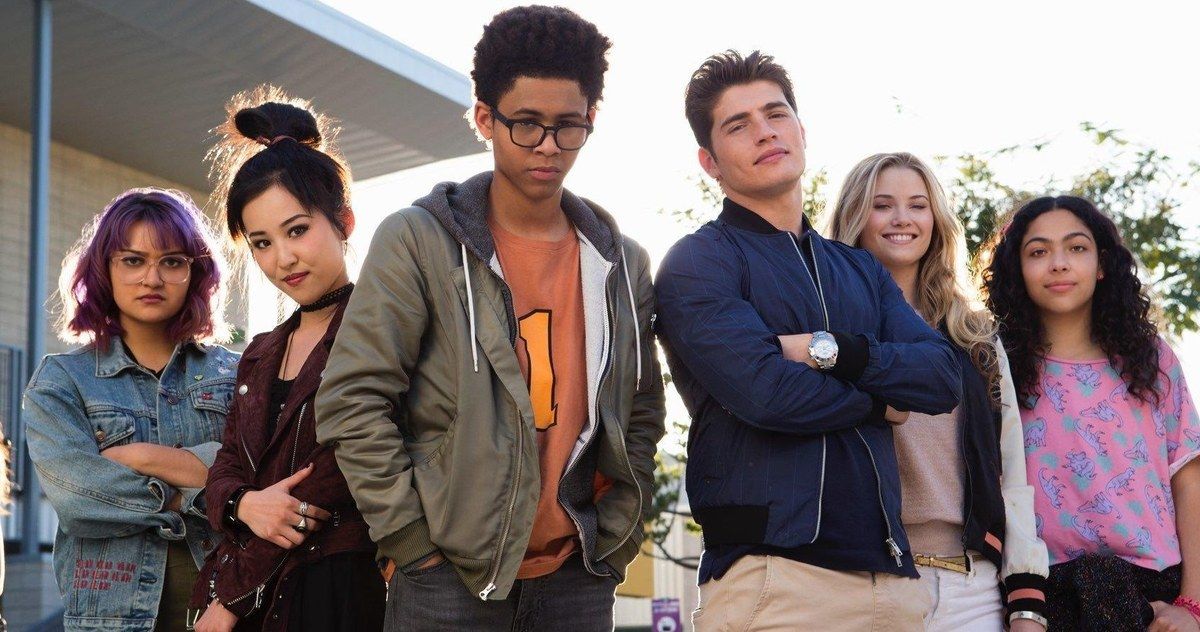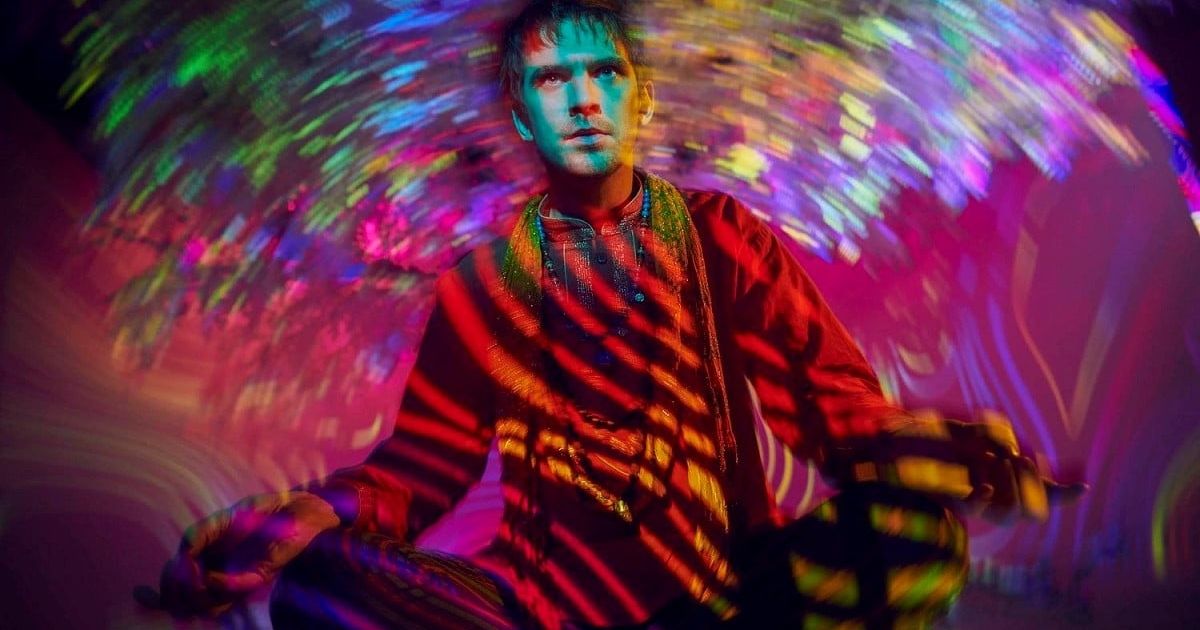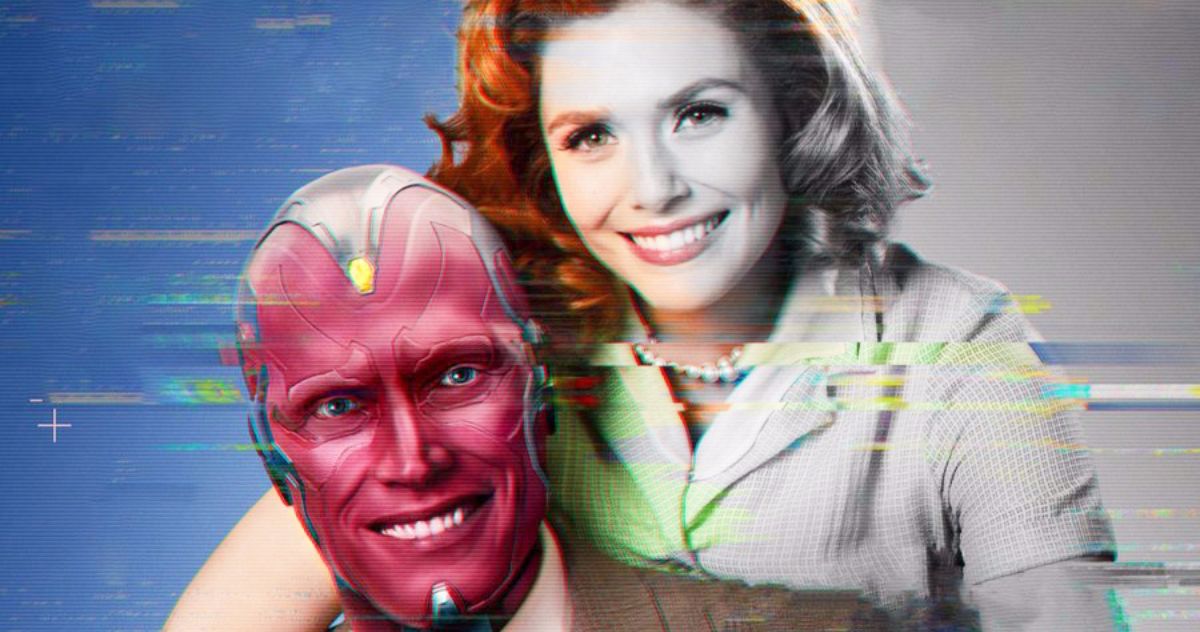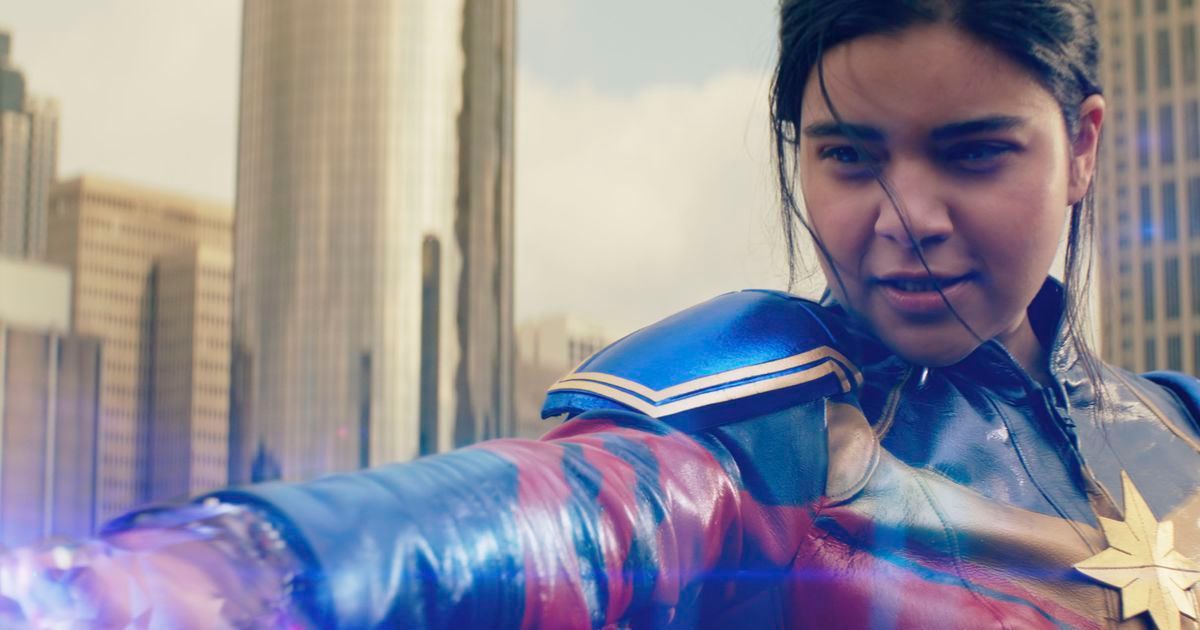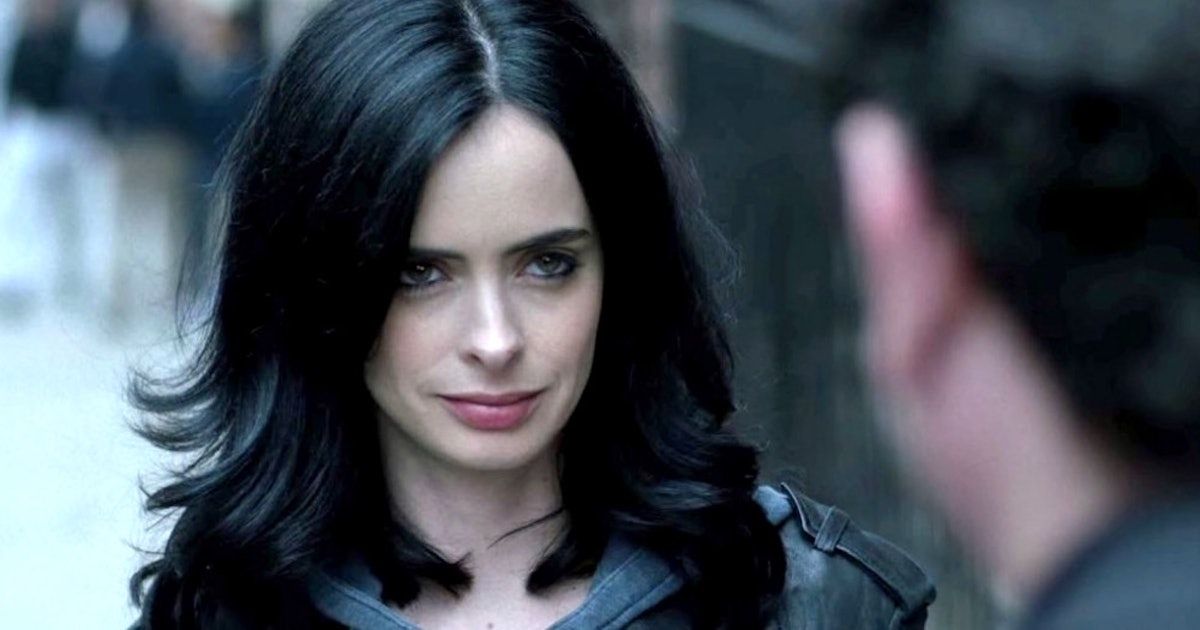The Marvel Universe has been entertaining audiences for years in the pages of comics, and most recently has blown up due to the heroes' big screen adaptations. The serialized nature of comic books lends itself well to the format of television, but it has been a slow road to get there. The Incredible Hulk was the first crossover hit adaptation of Marvel Comics, but despite attempts to make Spider-Man, Doctor Strange, Thor, and Daredevil into hit live-action series, none really ever took off with massive success.
Even in the 90s and early 2000s as superheroes began to become more popular, the few attempts at Marvel live-action series were poorly received, like the TV pilot Generation X in 1996 or the one-season Blade series on Spike in 2006. However, as the MCU began to explode, it crossed over onto television, first with a series on ABC and then eventually through a deal with Netflix. Hulu, Fox, and FX also got live-action Marvel series and in 2019, it was confirmed that the MCU Phase 4 would be the first time the franchise would make television series important parts of the overall story, as Marvel Television and Marvel Studios began to work closely together under the supervision of Kevin Feige. All the other Marvel television series were quickly canceled, including a planned Ghost Rider series for Hulu, as the MCU shows were focused on Disney+ and orchestrated a tighter narrative.
In 2021, Marvel Studios released four live-action series in the form of WandaVision, The Falcon and the Winter Soldier, Loki, and Hawkeye and are not slowing down anytime soon, as they have already announced series based on Ironheart, Wonder Man, Agatha Harkness, and Echo just to name a few. With the premiere of She-Hulk: Attorney At Law on the horizon, take a look at the best live-action series based on Marvel Comics characters.
9 Agent Carter
Premiering in 2015, in the gap between the two halves of Agents of S.H.I.E.L.D. season three, Agent Carter picked up with the fan-favorite character Peggy Carter, played by Hayley Atwell. The series expanded the MCU in a number of ways, like with the period setting that explores an often overlooked aspect in genre fiction with the fallout of World War 2.
Agent Carter also introduced fun new twists on Marvel characters like the original Edwin Jarvis who becomes the basis for Tony Stark's A.I. JARVIS, as well as Dot one of the first Black Widows, and classic Marvel Comics villains like Doctor Faustus and Madame Masque, tying them also into other MCU films and television series. Agent Carter felt like a vital aspect of the MCU, connecting various dots together without ever feeling like homework.
8 Agents of S.H.I.E.L.D.
The first real attempt to expand the MCU into the world of television, Agents of S.H.I.E.L.D. premiered in the fall of 2013 and was one of the season's most anticipated series. While many were disappointed that the series was not a parade of cameos, the series eventually found its groove when the premise of Captain America: The Winter Soldier upended the whole premise.
Over the course of its run, Agents of S.H.I.E.L.D. carved out its own unique corner of the MCU, playing around with concepts like Inhumans, life model decoys, and aliens, and even introducing a new supernatural side with the appearance of Robbie Reyes as Ghost Rider. It also introduced a great cast of characters, bringing back movie favorite Phil Coulson, bringing in comic book characters like Quake, Yo-Yo Rodriguez, and Mockingbird while also introducing new fan-favorite characters like Fitz, Simmons, and Melinda May.
In many ways, Agents of S.H.I.E.L.D. truly felt like opening up a Marvel comic book, not knowing what new character or concept would be introduced and being surprised when a new character was revealed. This series became a staple of ABC for years and became the longest-running live-action Marvel series.
7 Cloak and Dagger
Cloak and Dagger's road to television was a long one. The duo was one of the original Marvel properties that the company put up as collateral to get their original loan to fund the set of films in the MCU. In 2011, it was announced they would get a television series, and in 2018 the series finally made it to air on ABC Freeform. Created by writer Bill Mantlo and artist Ed Hannigan in 1982, Cloak and Dagger are two teenage superheroes have powers that are opposites but also make them drawn to one another. While the series removes its ties to New York, instead updating to New Orleans, the series maintains its original comics spirit of focusing less on battling super villains and more on direct corruption.
Love & Basketball director Gina Prince-Bythewood helmed the pilot, and in the first episode she immediately sets up a distinct pocket in the Marvel Universe, one so far removed from traditional superheroes that the series feels like it could be set just as much in a universe with no heroes. Cloak and Dagger has a certain tactile grit that feels appropriate for the material, and much of the series is about delving into the personal lives of the two heroes and their own personal struggles at home and with how the wider world perceives them. Stars Aubrey Johnson and Olivia Holt give incredibly nuanced performances as Cloak and Dagger respectively. Despite only lasting two seasons, the series stands as a real gem in Marvel's television enterprise and proves any character or concept with the right creative team can be great.
6 Daredevil
When Daredevil premiered on Netflix in 2015, it was like nothing anyone had seen on superhero television or within the MCU. The series made itself known with a dark visual aesthetic, intense violence, and great fight choreography that felt removed from the more over the top action of the MCU films. The whole experience immediately felt new, setting a high bar and new standard for the MCU.
Like many of the Marvel Netflix series, it did struggle to maintain the momentum for the 13-episode seasons, and the season two decision to split up into a Punisher and Elektra storyline leads to a slightly off-kilter viewing experience. Yet Daredevil more than makes up for it with a great cast of characters who feel tailor-made for these roles and a unique gritty crime drama style that feels in line with the films that inspired the Daredevil comic reinvention in the 1980s. There is certainly a reason why Daredevil was the character audiences were most excited to see join the MCU, and the first character from the Netflix Marvel series to get revived in a new MCU series.
5 Runaways
Runaways was an acclaimed comic series that was originally intended to be a feature film set for release in 2012, the same year as The Avengers. However, Marvel Studios refocused their efforts on that film and centered on more traditional Marvel comic superheroes. The Runaways would then be greenlit as a television series and surprisingly aired on Hulu from 2017 to 2019.
The Runaways' success is due to its incredible cast of young actors and the decision to help expand on the parent's roles in the series, fleshing them out beyond their comic book villain roles into fully defined people with complex allegiances. While the series does tone down some of the most outlandish nature of the comics, this is still a series that features a genetically created dinosaur, high-tech gadgets, alien invaders, and dark magic all within the context of a show about teenagers. The Runaways is a great superhero story, a wonderful coming-of-age drama, and hopefully, this cast of characters makes their return to the MCU soon, particularly if The Young Avengers are set to join.
4 Legion
One of the few entries not tangentially connected to the MCU, Legion is connected to the X-Men franchise (not the films, however), as it focuses on David Heller, a young man diagnosed with schizophrenia at an early age and has been a patient in various psychiatric hospitals, only to discover that his father is in fact Charles Xavier, and he might in fact be a mutant.
Legion takes a very different approach to the X-Men mythology than what audiences were used to based on the films but shows how elastic the premise and the world are that it can be explored in a variety of ways, including different styles all within one series. Legion keeps the audiences guessing about the nature of reality in the series, how much is in David's head, and what could actually be more traditional mutations associated with the X-Men brand. The psychedelic series premiered in 2017 and ran until 2019, and Legion's three-season underrated run showed the storytelling potential of the X-Men, Marvel, and superhero stories when told with a strong creative vision.
3 WandaVision
Marvel Studio's first official foray into television and the kick-off to Phase 4, WandaVision proved that Marvel Studios knew what they were doing. While the series tells one overarching story, it also has great standalone episodes that pay tribute to classic television series. WandaVision is a celebration of television as a medium and ties the evolving nature and spirit of the series into the thematic arc about grief.
The series' nine episodes are structured to represent various stages of grief. The first three episodes represent denial, episode four is the transition phase as episode five is about anger, episode six is bargaining as Wanda tries to tell herself that everything is okay, episode seven is sadness, while episodes eight and nine are Wanda coming to terms and accepting what she has done. When WandaVision premiered in 2021, it was following almost a whole year of Covid-19 and viewers being stuck inside and retreating into comfort television series, so the show felt incredibly timely. WandaVision remains a high mark that all other MCU series have to live up.
2 Ms. Marvel
The newest Marvel series is also easily one of the best. From the first episode, Ms. Marvel feels unique but also quintessentially Marvel. The series' focus on a Pakistanian-American teenage superhero might seem niche, but in reality, it is those details that make the story feel universal. Ms. Marvel is a series about a character who reflects the audience, one who is a fan of Marvel superheroes, and likely the target audience is one that has grown up with the MCU and the various heroes as a constant in their lives.
Unlike many of the Marvel Disney+ series which at times can tend to feel like one giant movie split up into six segments, Ms. Marvel finds the perfect balance of using a superhero movie origin structure while also making each episode feel like its own unique story. Iman Vellani is an instant star and the series makes a great job of turning her entire supporting roster of characters into fan favorites, whose appearance in future Marvel projects will likely generate cheers from the audiences. Ms. Marvel is just as exciting when it is focused on Kamala Khan's home life or friends at school as it is the superheroics, which has always been the key to Marvel Comics: making the audience care about the person behind the mask. Ms. Marvel shows that Kamala Khan will be a fan favorite for years to come.
1 Jessica Jones
As noted, many great series have been made based on Marvel Comics, but if it came down to the best, it is hard to argue against Jessica Jones. Everything about Jessica Jones is great, beginning with the simple act of acknowledging the hard-boiled, heavy-drinking private eye detective that has been seen in countless noir stories and turning that female. Most importantly, Jessica Jones is dark in a way beyond superficiality, as the series' first season explores Jessica's trauma at the hands of the villainous Kilgrave, played by David Tennant in a clever bit of casting that works because of the audience's familiarity with him on Doctor Who. Kilgrave's power of mind control makes him not only one of the most dangerous villains in the MCU, but also one of the evilest because of how he uses his abilities, not for any other purpose than his own selfish desires which makes women, men, and even children objects for him to control with no regard for how they are impacted makes him a horrifying villain.
The series' later two seasons focus on challenging Jessica's new status as a hero and how she feels about it. Jessica Jones begins to track the gradual transformation of her adopted sister Trish Walker. Trish begins as an ally of Jessica, but her own need for control and safety sends her down the path of wanting to become a superhero that Jessica refuses to, and eventually, Trish becomes a vigilante that Jessica must bring in due to her violent form of justice. It becomes fitting that the final series in the Marvel Netflix era, one defined by smaller more grounded stories compared to the MCU, ends with a battle between two sisters on opposite ends of the board.
Jessica Jones thoughtful mature themes, great writing, and wonderful performances, particularly by star Krysten Ritter, make Jessica Jones arguably the best Marvel live-action series.

